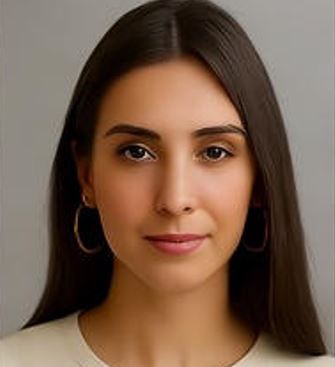Vienna votes: SPÖ under pressure, FPÖ hopes for election victory!
The Vienna state elections are coming up on April 27th: SPÖ vs. FPÖ, fight for votes, uncertainties and possible election results.
Vienna votes: SPÖ under pressure, FPÖ hopes for election victory!
The state elections in Vienna are coming up on April 27, 2025, which could turn the political landscape in the capital upside down. However, political strategists warn of low voter turnout and a lack of polarization, which makes the situation exciting. The incumbent SPÖ mayor Michael Ludwig urgently needs votes in order to withstand the pressure of the strong competition. The SPÖ is currently at 42 percent, but expects a decline to around 38 percent.
Voters could choose to support smaller parties, particularly the Greens. Under the leadership of Judith Pühringer, these have the goal of winning over voters from the SPÖ. Former minister Leonore Gewessler in particular is actively involved in the election campaign, which benefits the Greens.
Strong competition for the SPÖ
The FPÖ, under its top candidate Dominik Nepp, expects significant gains. After a disappointing performance in the last election with only 7 percent, the FPÖ is hoping for an increase to over 21 percent, possibly even to 25 percent. A noticeable feeling of insecurity in Vienna could have both mobilizing and demobilizing effects on FPÖ voters.
Meanwhile, the ÖVP under Karl Mahrer could emerge as the election loser and possibly remain below 10 percent. Chancellor Christian Stocker sees himself as responsible for stopping the collapse of the Vienna ÖVP. The Neos, on the other hand, could increase from the current 7.5 to around 9 percent, although it remains unclear whether a red-pink coalition is actually possible.
Explanations for voting behavior
To better understand the dynamics of this election, let's take a look at the factors that influence voting behavior. According to a study by the Federal Agency for Civic Education, most theories are based on historical voting behavior. Three main approaches shape election research:
- Mikrosoziologischer Erklärungsansatz: Bedeutung des sozialen Umfelds für Wahlentscheidungen.
- Makrosoziologischer Erklärungsansatz: Entwicklung stabiler Allianzen zwischen Bevölkerungsgruppen und politischen Parteien seit dem 19. Jahrhundert.
- Individualpsychologischer Erklärungsansatz: Emotionale Bindungen an Parteien spielen eine zentrale Rolle.
The Articles about voting behavior also discusses the influence of individual decision calculations, which are summarized in the model of rational choice behavior. Voters choose the party that promises them the greatest political benefit. In the current situation in Vienna, where voters may be moving from the major parties to smaller parties, these theories could play an important role.
The upcoming state elections in Vienna are eagerly awaited. The various party campaigns, especially the fight for votes between the SPÖ and the emerging parties, promise a very exciting election. The dynamics of the electorate and the associated uncertainties make forecasts for the outcome of the election particularly challenging.
For further details on the situation, interested readers can visit the reporting oe24 and the analyses foresight read up.

 Suche
Suche
 Mein Konto
Mein Konto
